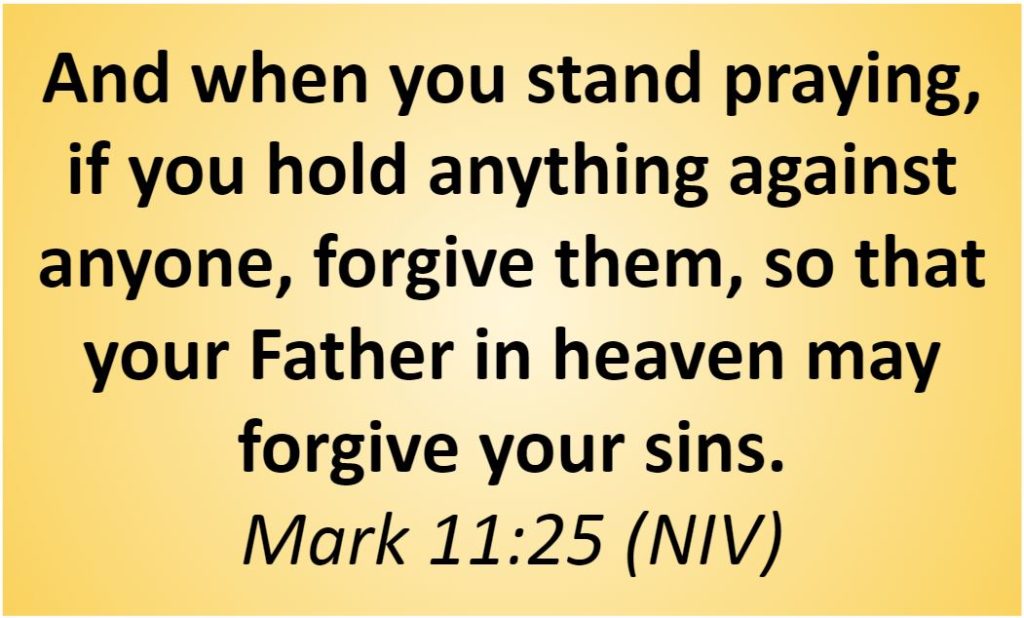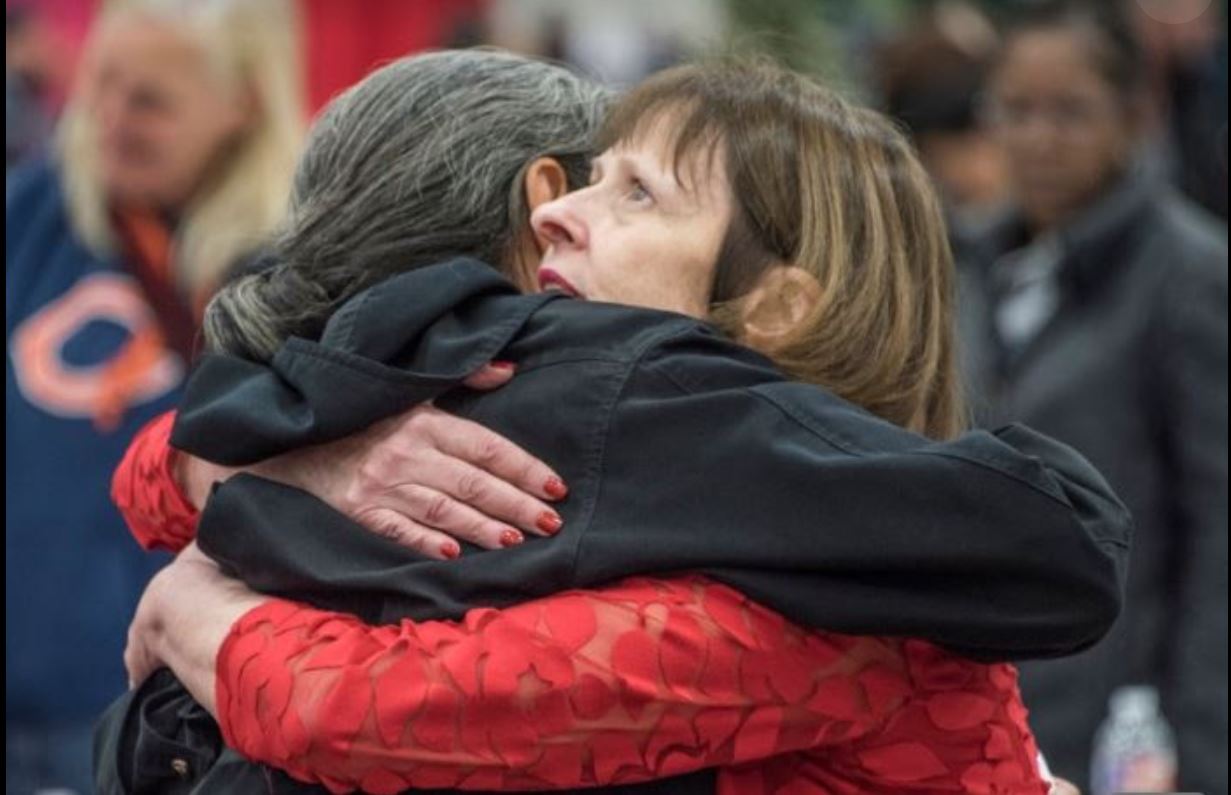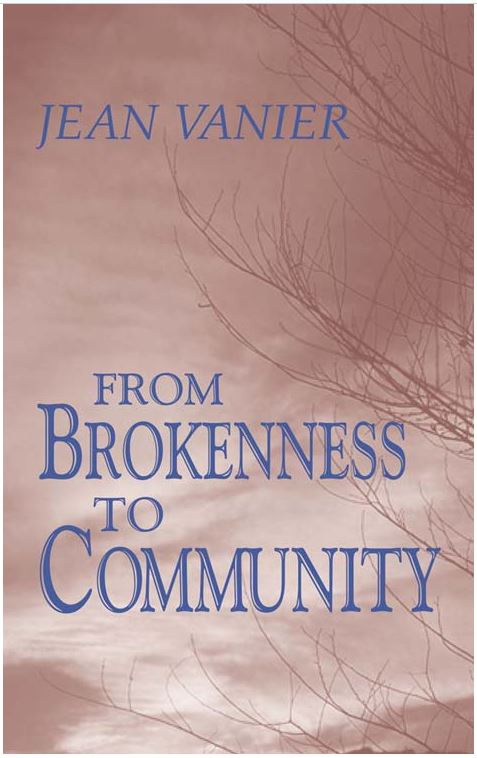Every day the news brings us stories of sexual abuse. No group is immune – the Catholic church, Boy Scouts, politicians, or business leaders. Most of the time, it is distanced from our reality. They are either groups we are part of but people we are unfamiliar with, or they are people we only recognize from television.
Until it hits home.
This past weekend, L’Arche International released an internal report that concluded its founder, Jean Vanier, had sexually abused 6 women between 1970 and 2005. Prior to his death last year, Vanier was a highly celebrated religious leader who dedicated his life to people with learning disabilities. Although none of the women were developmentally challenged, the revelation that he had used his ministry to prey on others is horrific (click here to read the story).
Most people have never heard of Jean Vanier, but he was an inspiration to me. I discovered his book, From Brokenness to Community, when I was first forming my philosophy of community. In a brief fifty-two pages, he clearly spoke words where I had previously heard mere whispers. He boldly proclaimed that community is where people become equals, sharing their strengths and their needs. Everyone has something divine to offer, and everyone has something they need to receive.
In September 2014, I led a discussion group to explore life in community, focusing on relationships and living with open hands. I stumbled across Vanier’s writing as I was preparing my notes. It was one of many books I read at the time, but it spoke life and became the centerpiece of our discussions.

Kim and I named the study “Building Neighbors” and first created the name and logo that would come to grace signs, t-shirts, and book covers over the coming years. Everyone who came received a copy of From Brokenness to Community. I repeatedly poured through the pages, highlighting text and making margin notes.
Over and over, I have repeated his story about the disabled, little Armand strengthening a powerful bishop, and I have copied his advice on how to know if someone who comes to serve will stick with it or not. Elements of his philosophy profoundly influenced my view of life and ministry.
Over his 90-year life, God used Jean Vanier to accomplish tremendous things. His spirit flowed through Vanier one-on-one, in speeches, and in books. He founded 154 communities in 38 countries with a culture of shared lives between people with and without intellectual disabilities. He was widely regarded as a “living saint”.
Jean Vanier’s spirit was filled with the healing light of Christ and yet his brokenness ushered incredible destruction to people who trusted him.
I have lost a sense of innocence with my teacher’s betrayal. Perhaps I am naive, but I have held onto my pure vision of a ministry totally devoted to God, a part of his kingdom on this earth. I am heartbroken for the six women who have suffered for so many years and repulsed by these reported actions.
To dull my pain, I want to embrace my anger. My rage burns against the actions, the man, and his legacy. How could he have betrayed us all? My fury however, hardens my heart and is toxic to my soul.
I recognize the need to set aside my anger and offer forgiveness. If his sins are not forgivable, how can I hope for something different for my own? I can begin by asking God for compassion, first speaking through clenched teeth, and then repeating my words of forgiveness over and over until they become genuine.

Last night, I shared my feelings with my men’s group. It was cathartic to release my emotions in a safe haven of support. They understood my anger, but encouraged me to move forward. I needed that. In the comfort of friends who know each other well, I can be honest and open. Healing began when I stopped denying the pain and let them release my shackles.
It is ironic that I find comfort in the concept of community that I learned from the man who betrayed it. Each of us is given different strengths, capabilities, and callings. We also have weaknesses, inabilities, and temptations. We will be broken until the day we are reborn. I depend on my Father and the rest of my spiritual family to guard my soul until that time.
For as long as we open our hearts to others, we will have our hearts broken. However, we can be both vulnerable and wide-eyed. Vigilance does not need to be the enemy of embrace. I am thankful for my friends, who gather around me when I am sad. You walk with me from brokenness to community.
“Community is the place where are revealed all the darkness and anger, jealousies and rivalry hidden in our hearts. Community is a place of pain, because it is a place of loss, a place of conflict, and a place of death. But it is also a place of resurrection.” – Jean Vanier, From Brokenness to Community


